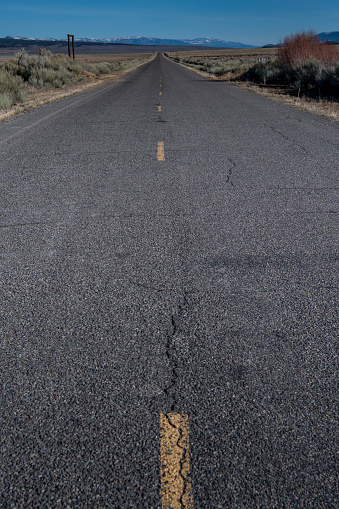
I am formally announcing our upcoming GSB tour which will take place later this summer. This tour has been scheduled before, but the pandemic caused us to cancel the last two years. So, anticipation has reached a fevered pitch.
The destination: Italy. Specifically three cities: Rome, Florence, and Ravenna. As always, we will focus on the the Christian history in each city and the contribution of those events to the advancement of the kingdom of God on earth.
In Rome we will have a day devoted to the Apostle Paul and another to Constantine the Great, the first Christian emperor, both personal heroes of mine. We will descend into the Christian catacombs and explore the remains of the capital of the empire where the Gates of Hades did not prevail against the Church.
Continue reading “Announcement: Upcoming GSB Tour”



